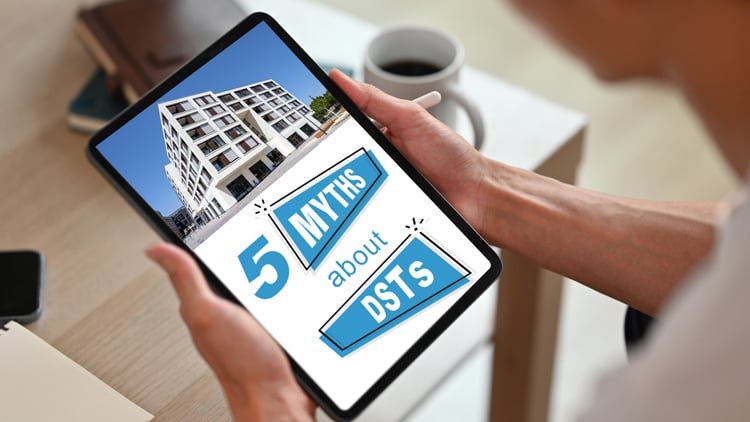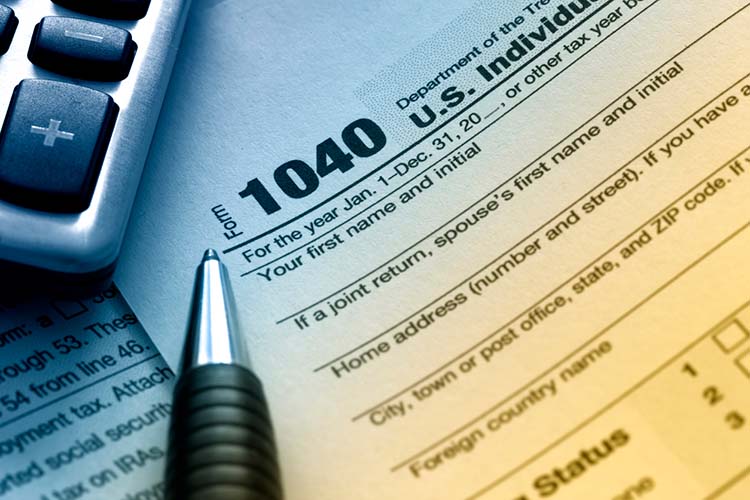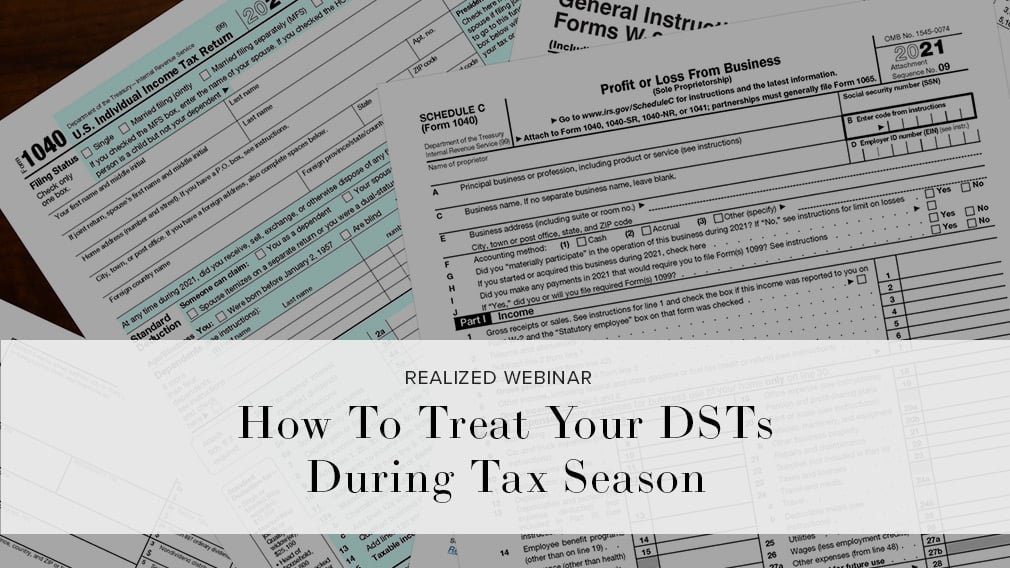5 Myths About Delaware Statutory Trust (DST) Funds That You Need to Know

There are many myths about Delaware Statutory Trust (DST) fund investments that we wanted to help clear up. Delaware Statutory Trusts have their benefits and limitations, but let’s address some of the common misconceptions that we often hear from investors.
[Webinar Recap] What is a Sponsor and How Can Investors Evaluate Them?

Delaware Statutory Trusts (DST) can offer lucrative, passive revenue streams if you choose the right Sponsor. When Realized evaluates a Sponsor, we want to determine whether or not the Sponsor is a reliable and reputable one. We also want to research their standing and how it could impact the potential investment and return. Additionally, we examine the offer in an effort to ensure it is a viable one and that it aligns with an investor’s goals.
How Does Rental Property Affect Debt to Income Ratio?

Debt-to-income (DTI) ratio is a crucial calculation that compares what you earn to what you owe. Lenders (like banks or mortgage companies) use your debt-to-income ratio to decide whether to grant you credit and how much. Lenders often distinguish between borrower front-end and back-end ratios.
Potential Pitfalls To Consider When Choosing A DST Advisor Or Broker

With the right guidance investing in a Delaware Statutory Trust (DST) can be a straightforward process. However, you don’t buy shares of DSTs on a public exchange like other investments, you need to work with an advisor who has a specialty in DSTs.
Do Bank Accounts with Beneficiaries Have to Go Through Probate?

Adding a beneficiary to an asset account generally avoids probate. This applies to bank accounts. If the owner of a bank account dies, some banks freeze it. What does this mean if there is a beneficiary? Does the account still have to pass through probate?
What Are Schedules 1, 2, and 3 on Tax Form 1040 and What Are They Used For?

Some taxpayers will have income, taxes, and credits that are not included in Form 1040. However, these additional items need to be declared on the taxpayer’s tax return. That’s where Schedules 1, 2, and 3 come in.






